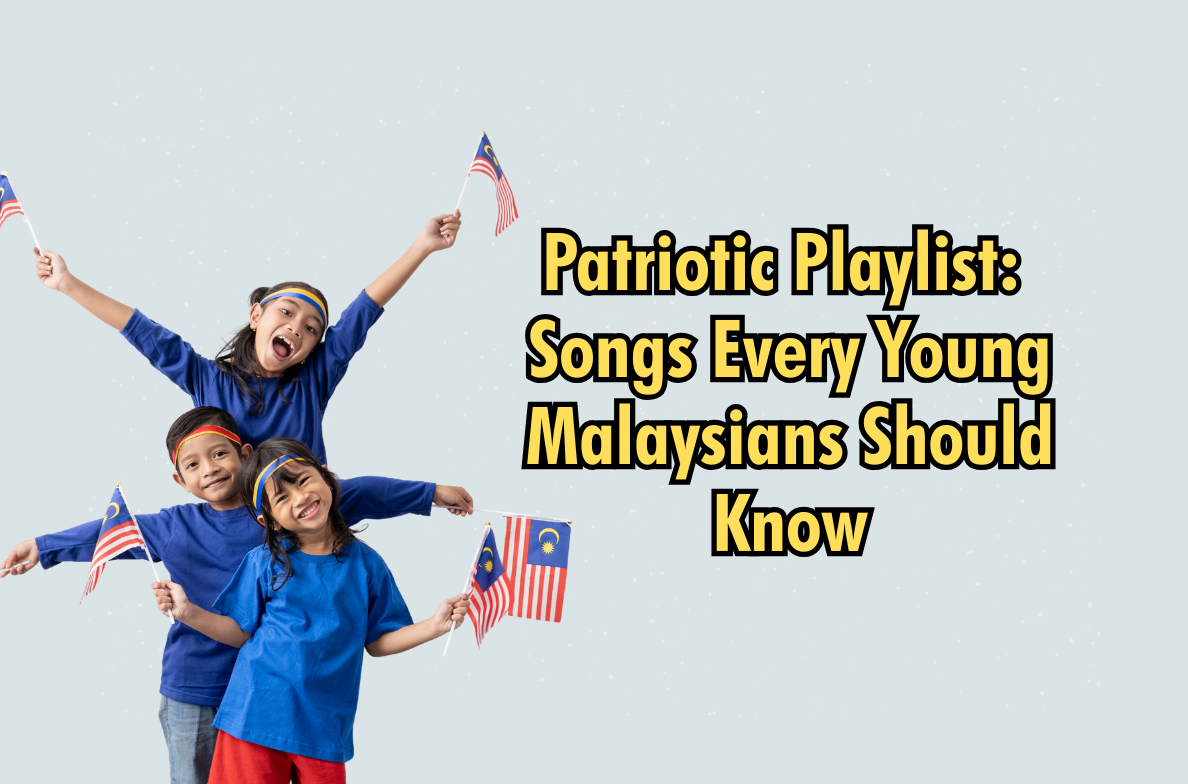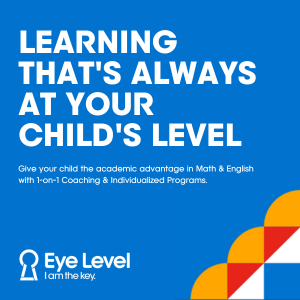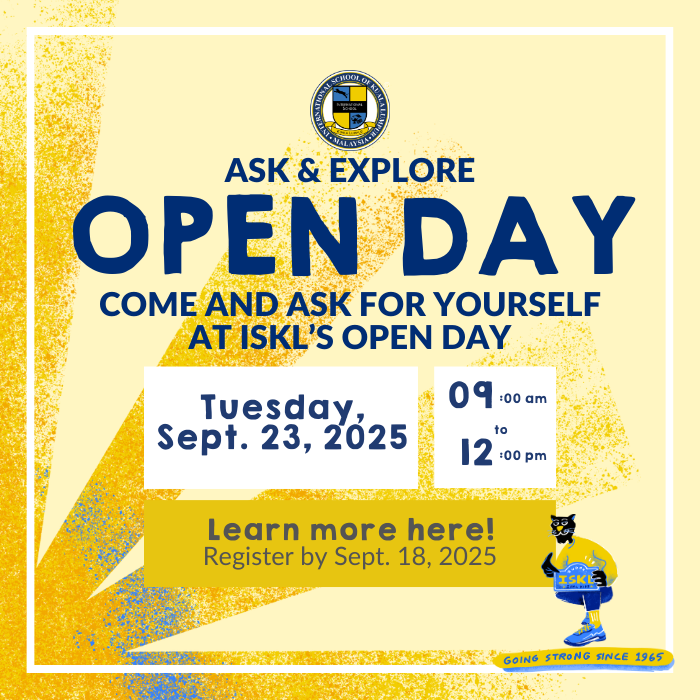The number of private learning centres offering international curricula in Malaysia have grown significantly in recent years. This article discusses the current and future climate of this educational phenomenon.

According to a January 2018 article in The Malay Mail, there are approximately 50 to 100 private learning centres offering international curricula located in the Klang Valley. This number is predicted to grow at an annual rate of 15% in the next five years. If this happens, there might be as many private learning centres as there are international schools in the country.
What do these learning centres offer?
A learning centre is known to many as a place that offers additional learning opportunities in terms of language, music and coding, among others. There are now centres which are privately run institutions offering academic preparation for international qualifications such as the International General Certificate of Secondary Education (IGCSE). Most of these learning centres operate using a tuition centre licence but operate as schools with their own curricula, timetable and extracurricular activities. These centres are often mislabelled as homeschooling centres as they provide education services outside of a traditional school setting. A child who is homeschooled is taught at home by a parent or guardian who has teaching credentials.
Characteristics of these learning centres
Offer international curricula
The classes are commonly based on international curricula such as the British Curriculum, the Cambridge Curriculum and the American Curriculum to prepare students to sit for international secondary school qualifications. However, the subjects that learning centres prepare students for may be limited. For example, many learning centres do not offer IGCSE preparations for subjects such as English Literature, History and Art. In addition, several centres are affiliated with churches, offering religious or secular curricula on the side.
Run on a varied timetable
Most centres operate from 9am to 5pm as opposed to the common schedule of 8:00am to 3:30pm in most schools.
No strict dress code
Children are not required to wear a uniform. Instead, they are allowed to wear appropriate and casual clothing depending on the centre’s dress code.
Small class size
Students are taught in small groups. There are usually 10 to 15 children per class.
Not authorised examination centres
Private learning centres only help students prepare for a particular international qualification. Therefore, students have to sit for examinations as a private candidate. For example, students can register as private candidates at international schools or the British Council to sit for the IGCSE examinations. Furthermore, students who are interested in pursuing their studies in the United States can sit for SAT examinations as private candidates.
Offer external extracurricular activities
One aspect that sets private learning centres apart from schools is the lack of facilities for extracurricular activities. Some centres organise music classes and sports activities for their students in nearby facilities.
Located in residential or commercial areas
Many private learning centres are located in urban residential and commercial areas. Similar to tuition centres, they commonly operate in a shoplot building or landed property.
Why parents are sending their children to these centres
There are a few reasons why more and more parents today are sending their children to private learning centres instead of national schools, private schools and international schools.
Cost
Private learning centres have the same academic offerings as an international school at a fraction of the price. An international school education is seen as an investment and many parents have to prepare early to afford the various fees charged by international schools. A mid-range international school could charge anywhere between RM30,000 and RM40,000 for Year 1 annual tuition fees only. On the other hand, private learning centres have a monthly fee between RM1,000 and RM1,500.
Provisions for special educational needs
A number of parents who have children with special educational needs such as attention deficit hyperactivity disorder (ADHD) and dyslexia choose to send them to private learning centres which can support their child’s learning. However, parents should be aware that not all learning centres support students with special educational needs. It is advisable for parents to seek help from centres which specialise in learning disorders if they are able to.
Convenience
Parents in the Klang Valley can easily find a private learning centre near their home nowadays. The school operating hours which mirror normal office hours make it convenient for parents to drop-off and pick-up their children from learning centres.
Factors parents should take into consideration
Curriculum offered
Parents should take the time to research the curriculum offered at private learning centres and check whether it fits their child’s learning style and academic goals. Similar to international schools, each private learning centre is unique in terms of the curriculum and programmes offered.
Teacher credentials
It is also important for parents to ask about the qualifications that private learning centre teachers possess. Private learning centres are not as strict as international schools when it comes to hiring teaching staff. Although some teachers are experienced, they may not have professional teaching qualifications.
Track record of former students
Learning centres should be transparent with parents on the academic achievements of former students. Parents are also encouraged to ask about the education paths former students have taken after leaving the centre. Therefore, parents are equipped with useful information on the viable education options for their child at pre-university and higher education levels.
Absence of regulations
As these centres are not schools, they are not regulated. Therefore, parents should be aware of the risks of enrolling their child in one of these centres. Parents have to constantly evaluate whether the centre is delivering what they promised. This includes making sure that their children are taught properly and are taken care of by the teaching staff.
Children will have a different education experience
The education experience a child gets at a learning centre will be different compared to that offered at a school. The experience varies depending on the offerings available at the centre. Children who attend these centres may not have the same exposure in terms of facilities, extracurricular activities and resources. Parents have to take this into consideration and how it will affect their child.
The future of these centres
A number of private learning centres have applied for an international school licence, which will allow them to operate as an international school. As an international school, these private learning centres will be able to market their services openly and apply to be recognised examination centres. They will also be regulated by the Ministry of Education.
The private learning centre phenomenon has changed the education landscape in Malaysia significantly. Parents today have more private schooling options than ever before in addition to international schools and private schools. As a result, the private education industry is now the most competitive it has been. Parents who are considering an alternative education pathway for their child need to do as much research as possible and gain information from reliable sources to ultimately make the best decision for their child’s education.















![[Autism Behavioral Center] Autism used to be hidden. Some Malaysians are changing that… through baking!](https://mint-edm.sgp1.digitaloceanspaces.com/production/IhlMANcNIYeQj5pn5l2Be3YjDZVlXV.jpg)























